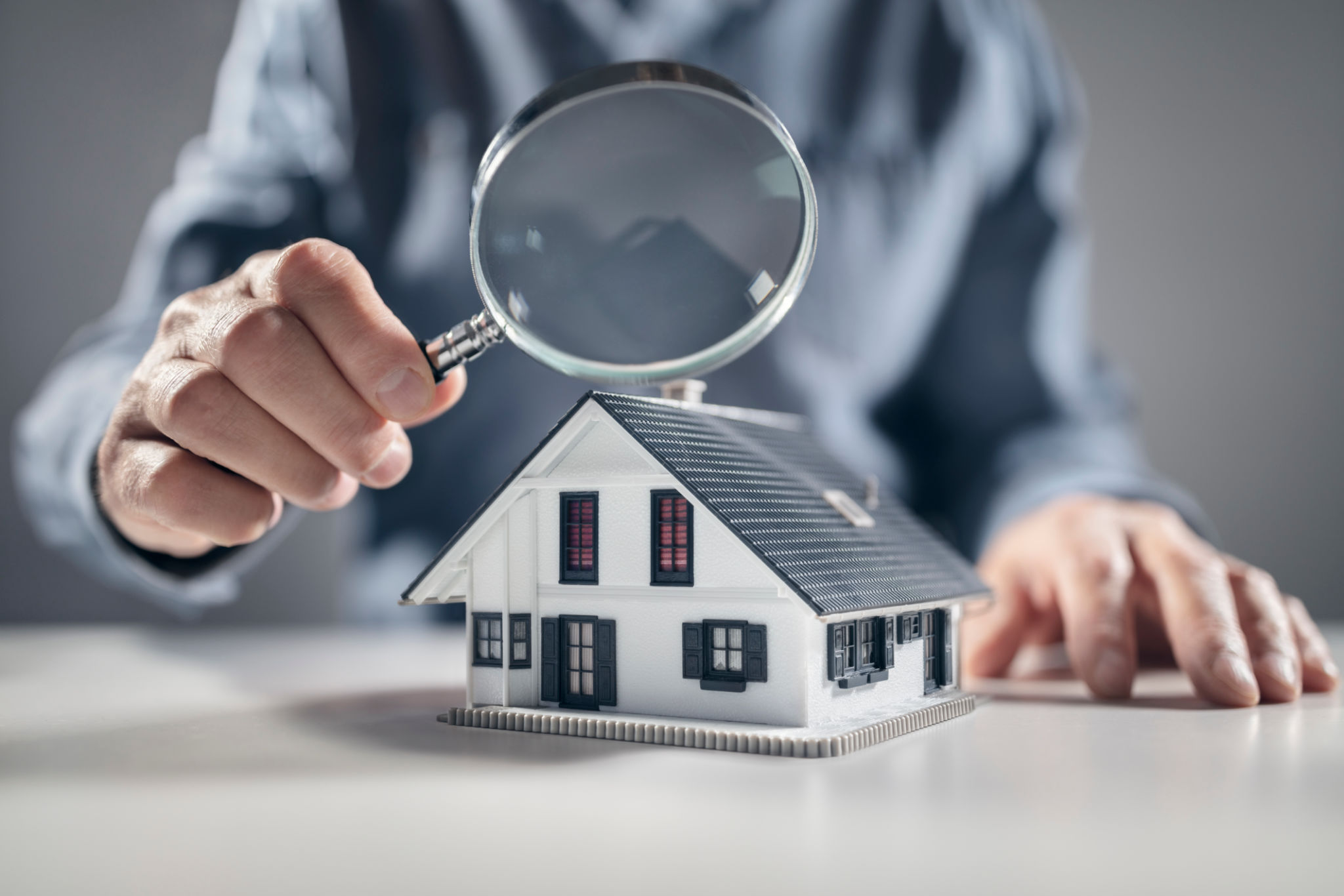Accurate Real Estate Inspection: What to Expect and How to Prepare
Understanding the Importance of Accurate Real Estate Inspections
When it comes to buying or selling a property, a thorough and accurate real estate inspection can be a game-changer. It not only highlights the current condition of a property but also uncovers potential issues that might need addressing. Whether you're a buyer looking for peace of mind or a seller aiming to provide transparency, understanding what to expect from an inspection is crucial.
Inspection reports provide a detailed overview of the property's structure, electrical systems, plumbing, and more. An accurate inspection helps avoid unexpected repairs and gives both parties a fair assessment of the property's value. Preparing adequately for this process can make a significant difference in the outcome.

What to Expect During a Real Estate Inspection
The inspection process is comprehensive and involves a meticulous check of the property's various components. Typically, a licensed inspector will examine the following areas:
- Structural Integrity: The foundation, walls, roof, and other structural elements.
- Electrical Systems: Wiring, panels, and outlets to ensure safety and compliance with regulations.
- Plumbing: Pipes, water heaters, and fixtures for leaks or damage.
- HVAC Systems: Heating, ventilation, and air conditioning units to assess their functionality.
The entire process usually lasts between two to four hours, depending on the property's size and complexity.

Common Findings in Property Inspections
Most inspections reveal some level of issues, which is entirely normal. Common findings might include minor electrical flaws, plumbing leaks, or roof wear and tear. It's vital to differentiate between minor repairs and significant issues that might require extensive work or negotiation.
Buyers should remain open-minded about minor issues while being cautious about more severe problems like mold, foundation cracks, or outdated electrical systems. Sellers can benefit from addressing these issues beforehand to enhance their property's appeal.
Preparing for a Real Estate Inspection
Preparation is key to a successful inspection. For sellers, this means ensuring that the property is clean and accessible. Unlocking gates, clearing access to basements or attics, and ensuring utilities are connected can help streamline the process. It's also wise to repair obvious issues beforehand to avoid red flags during the inspection.

Buyers should prepare by reviewing the inspection checklist provided by their inspector. Understanding what will be covered allows them to ask pertinent questions and focus on specific areas of concern. Attending the inspection can also be beneficial for firsthand observation.
After the Inspection: Next Steps
Once the inspection is complete, both parties will receive a detailed report outlining all findings. For buyers, this report is critical for negotiating repairs or adjustments in the property's price. Sellers can use the report to make necessary repairs or highlight positive aspects of their property in future listings.
It's essential to approach post-inspection negotiations with an open mind and flexibility. Both parties should aim for a fair resolution that reflects the property's true condition while considering market factors.

Conclusion: The Value of Accurate Inspections
An accurate real estate inspection is more than just a formality; it's an integral part of the buying and selling process that ensures transparency and satisfaction for both parties involved. By knowing what to expect and preparing adequately, you can navigate this process with confidence and clarity.
Whether you're buying your dream home or selling a long-held property, investing time and effort into a thorough inspection can prevent future surprises and contribute to a smooth transaction.
